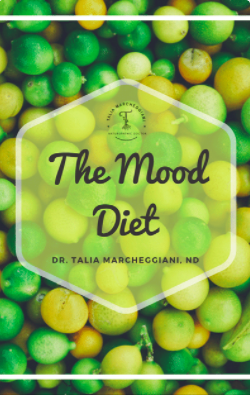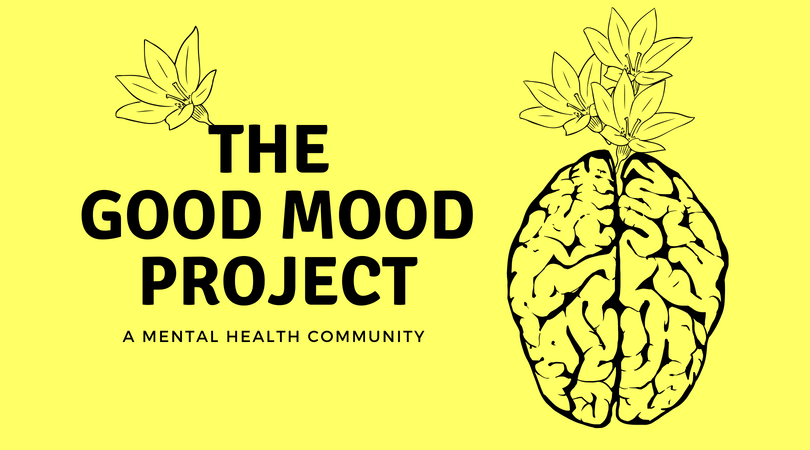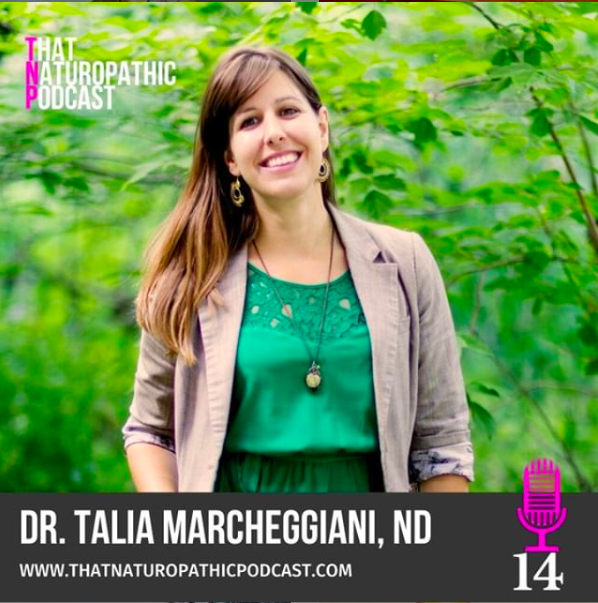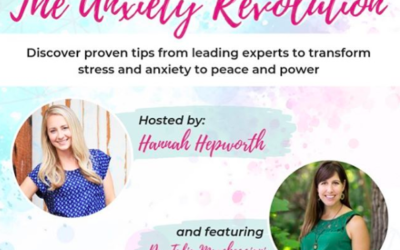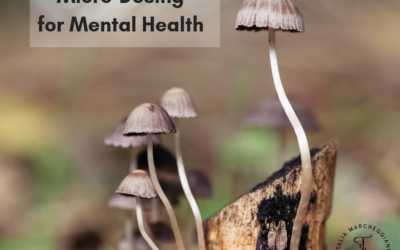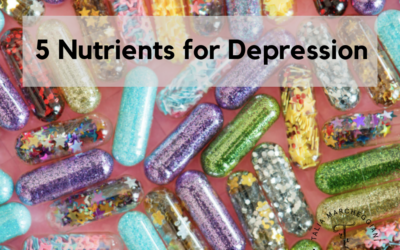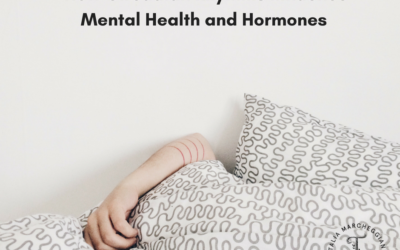There is no health without mental health.
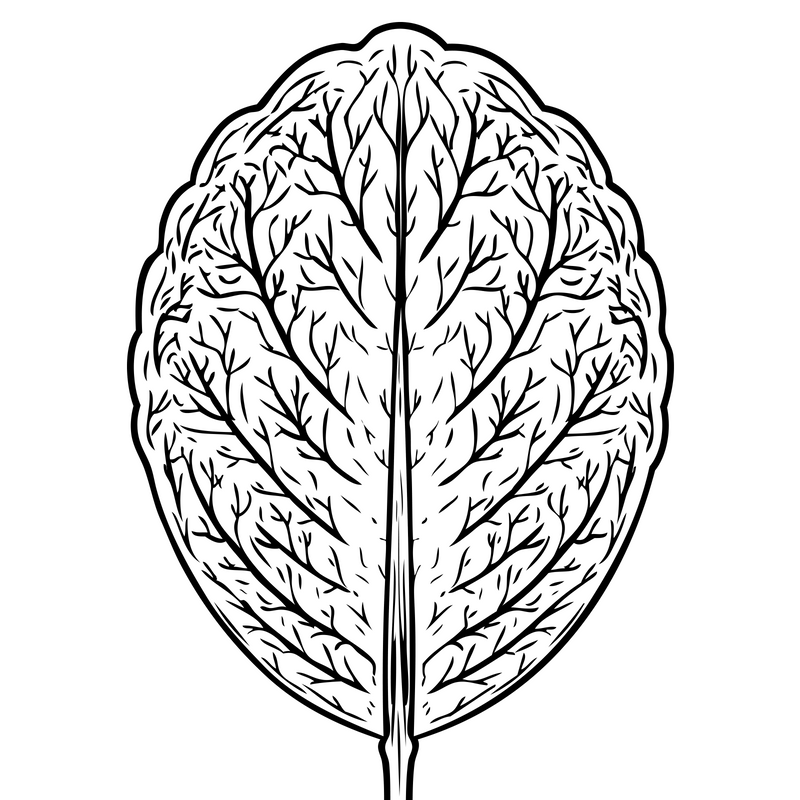
Mental and emotional wellness are essential for living a happy, fulfilling and productive life.
Mental wellness includes positive self-regard, fulfilling social relationships, meaningful work, productivity, goal achievement, good physical health, and proactive stress management.
Mental health conditions, like depression and anxiety, are not brain-based phenomena. They are a result of multiple factors, including the health of our bodies and brains, our home and work environment, our mindset, personal beliefs and experiences, and our social relationships, among others.
Therefore truly addressing mental health concerns involves taking whole-body, person-centred view.
How I Approach Mental Health Conditions:
Case taking: I am interested in gaining an in-depth understanding of how you are as a person. We spend over 60 minutes together at each appointment to form a therapeutic relationship and make sure we both have a thorough understanding of all the pieces that influence your health.
Diagnoses are valuable they remind us that it’s not because there is something wrong with us. They make us feel less alone. In addition to knowing what is going on with you, I talk with you to understand how the diagnosis occurs in your life.
Uncovering Root Causes: I look at mental health conditions as symptoms, rather than disease. Together we try to understand what biological, psychological, social and environmental factors may be influencing your mood and mental functioning.
Digestion: The digestive system is often at the seat of mental health conditions. We look at the health of your microbiome, and rule out any gut infections, inflammatory gut conditions, like leaky gut, and food sensitivities.
Nutrition: Ensuring that the proper building blocks are in place for optimal mental and emotional health.
Counselling: I have additional training in Mindfulness-Based Cognitive Therapy, Cognitive Behaviour Therapy, Narrative Therapy, and Motivational Interviewing.
Stress and Hypothalamic Pituitary Adrenal (HPA) Axis: We talk about stress, burnout and how cortisol, the stress hormone may be contributing to your symptoms.
Hormones: Our hormones have the ability to profoundly impact our mood. From our blood sugar, to our stress hormones, to the hormones that impact our fertility and mentstrual cycles, I look and test for signs of hormonal imbalance.
Amino acids and Nutritional Supplementation: To help balance neurotransmitters in the brain.
Mitochondrial Health: Our mitochondria are the energy-generators of our cells. Impaired mitochondrial function in the brain may contribute to mental health symptoms, and chronic inflammation.
Herbal Therapies: Herbs are particularly helpful for improving hormonal, mitochondrial, and neurotransmitter balance, for lowering inflammation, improving stress resilience, and healing the digestive system.
Research: Mental health research is an exciting field. I stay on top of current and emerging therapeutic tools, like heat therapy, mindfulness and self-compassion.
Conditions Treated:
ADD | ADHD | Addictions | Anxiety| Body Image | Bipolar Disorder | Depression | Eating Disorders | OCD| Panic Disorder | PMS | PMDD | PTSD | Self-Criticism | Self-Esteem| Stress Management | Children and Youth
Ready to Book?
Click the button below to set up your first appointment.
Mental Health Articles
Chronic Low-Grade Anxiety
Chronic low-grade anxiety. That feeling that you can't settle. You can't eat. You can't relax. Your muscles are tense. Not all is right with the world. Many people who live with chronic low-grade anxiety don't even realize it's there. I see this all the time in my...
I’m Walking, Yes Indeed
One of the reasons I love dogs so much is that we share a fundamental understanding: walking is healing.I love walking. My body craves walking. I walk to strengthen my lower body, to stretch my psoas (hip flexors), to stabilize my core.I walk to self-soothe, to...
I Wish Someone Had Told Me About Adaptogens
My best friend is a teacher. She told me that lately, all the children she works with have a label. "Meredith can't attend your online class because it's her first day of school and she can't handle more than two things because of her anxiety", one mother wrote in an...
Taming the Tiger of Anxiety: That Naturopathic Podcast
I talk with Dr. Kara and Dr. Dave of That Naturopathic Podcast, rated in the top 6 Canadian Medicine podcasts, about taming the tiger of anxiety. Click to learn about your HPA Axis, the stress response and how we can "tame the tiger" by providing our body and mind...
Surfing in the Time of Corona: The Weird Waves Podcast
I talk to Taylor Morozova of the Weird Waves Podcast about how I became a naturopathic doctor, surfing, immunity, vitamin D, and how to stay safe in the age of Corona. Listen on Spotify.
Should I Take Anti-Depressant Medication?
In September of 2019, Jakobsen, Gluud and Kirsch published a review in the British Medical Journal: Evidence-Based Medicine entitled “Should antidepressants be used for major depressive disorder?” (1) Their conclusion was this: “Antidepressants should not be...
The Anxiety Revolution Podcast with Hannah Hepworth
Hannah Hepworth, of the Anxiety Revolution Podcast, and I team up to discuss a natural and functional approach to managing anxiety. In our talk, featured in her 2019 Anxiety Revolution Summit, a series of talks with integrative mental health practitioners and experts,...
Mental Health on the Rebel Talk Podcast with Dr. Michelle Peris, ND
I appeared on the Rebel Talk Podcast with Dr. Michelle Peris, ND. Dr. Michelle writes, "Not a week goes by that I do not discuss mental health with patients in my office. Rates of depression and anxiety are on the rise. So I really wanted to unpack this important...
Micro-Dosing for Depression: Research on Psychedelics for Mental Health
This article is for informational purposes only. My friend Nelson (not his real name) was depressed. Depression frequently came in and out of Nelson’s life, but this last bout was the worst. Severe job stress compounded by issues with his relationship sent Nelson into...
5 Key Nutrients for Depression
When it comes to improving mood, most of us will do anything, including taking boatloads of pills. One of the challenges I face as a naturopathic doctor is choosing which supplements to prescribe my patients; in the realm of natural medicine we have what seems like an...
Maintaining Perfect Equanimity: My 10-Day Vipassana Retreat
In The Myth of Sisyphus, Camus wrote that weariness awakens consciousness, that “Everything begins with consciousness. Nothing is worth anything except through it." In the last few months, I'd been weary—sleeping, eating, exercising, commuting, working, preparing for...
Here Comes the Sun: How Circadian Rhythms Can Heal Our Mental Health and Hormones
Gorf is a man of his age, which, in his case, happens to be the Stone Age. Yes, Gorf is a caveman. And, perplexingly, Gorf suffers from insomnia. Gorf wakes up sluggish, long after the sun has risen, wishing he had a snooze button to smash. He struggles through the...


